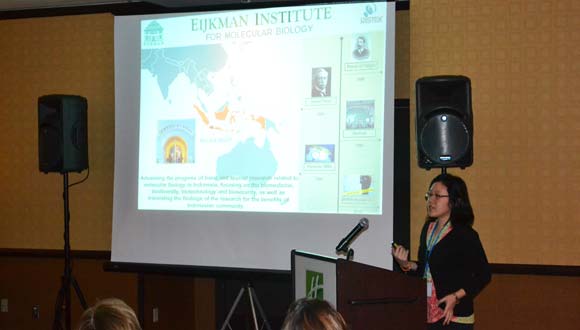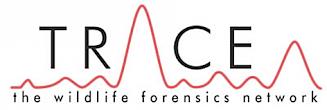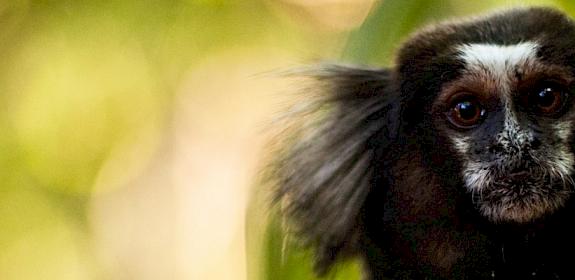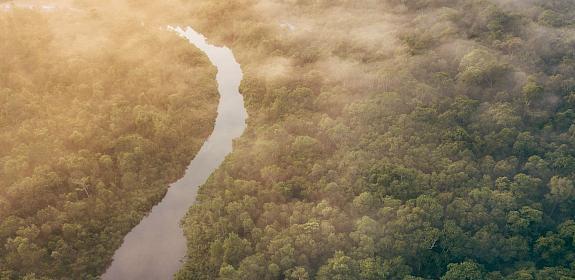Society for Wildlife Forensic Science welcomes expert perspectives from Southeast Asia and Africa in the fight against illegal wildlife trade
Missoula, Montana, USA, 26th June 2015—Wildlife forensic professionals from Thailand, Malaysia, Indonesia, Gabon, Kenya and Botswana shared their perspectives on the challenges they face during an event held during the Society for Wildlife Forensic Science’s (SWFS) biennial conference.

Wildlife forensics is playing an increasingly important role in the fight against illegal wildlife trade by providing critical insight into the monitoring of trade routes and the origin of seized wildlife and wildlife products, and assisting law enforcement by analysing critical evidence for the prosecution of wildlife offenders.
In response to the growing interest in wildlife forensics to combat illegal wildlife trade, SWFS welcomed representatives from Southeast Asia and Africa in an effort to gain insight into the needs and capacities of emerging and newly established laboratories in countries heavily impacted by the trade.
“We’ve all gained a much better perspective into the challenges faced by our colleagues from Africa and Southeast Asia and acknowledge their dedication in helping to prosecute those involved in the illegal wildlife trade” said DeeDee Hawk the President of SWFS.
The side event was hosted by SWFS and organized and facilitated by TRACE, the Wildlife Forensics Network, through funding from the UK’s Department of Environment, Food and Rural Affairs (DEFRA) and TRAFFIC, the wildlife trade monitoring network, through the USAID funded Wildlife Trafficking, Response, Assessment and Priority Setting (Wildlife-TRAPS) Project.
The event provided an opportunity to learn about the successes and challenges faced by emerging forensics labs in the two regions and for the sponsored scientists to develop a network within the wider forensic community. Some of the shared challenges expressed through their presentations included: additional technical capacity and training, equipment needs, sharing of common standards and guidelines for various testing methods, chain of custody for evidence collection and laboratory procedures, the need for exchange visits between labs to improve regional and international integration, and building and sharing of species reference libraries.
“This has been a unique opportunity to meet and discuss issues with other wildlife forensic experts and learn about techniques which we can soon use in our new wildlife forensic laboratory due to open in October, which will increase our capacity to tackle this serious issue,” said Frankie Thomas Sitam, a wildlife forensic scientist from the Malaysian Department of Wildlife and National Parks.
With the support from the SWFS community, TRACE and TRAFFIC view this event as a springboard for future collaboration to address the challenges identified by sponsored delegates.
“The opportunity to bring wildlife scientists from Africa and Southeast Asia to this prestigious international conference has not only showcased the existing capacity of these countries to utilize forensic techniques in wildlife crime enforcement, but also identified real opportunities for collaborative work in developing additional tools to help combat the illegal trade in wildlife species,” said Dr Ross McEwing, the Director of TRACE Wildlife Forensics Network.
“TRAFFIC is thrilled be a part of this event. It is inspiring to learn more about the incredible work being undertaken by forensics colleagues across the globe and identify ways that we can continue to support this critical area of work going forward with our partners,” said Nick Ahlers, the Leader of the Wildlife TRAPS Project.
About TRACE Wildlife Forensic Network

TRACE Wildlife Forensics Network is an international NGO, based in Edinburgh, that aims to promote the use of forensic science in biodiversity conservation and the investigation of wildlife crime. The TRACE network brings together forensic scientists and enforcement agencies to exchange information on the latest challenges facing wildlife law enforcement and modern techniques for tackling them.www.tracenetwork.org
Professor Rob Ogden is Director of TRACE, and Chair in Conservation Science at the University of Edinburgh, where he holds the positions of Director of Conservation Science and Head of Conservation Genetics at the Veterinary School and the Roslin Institute.



